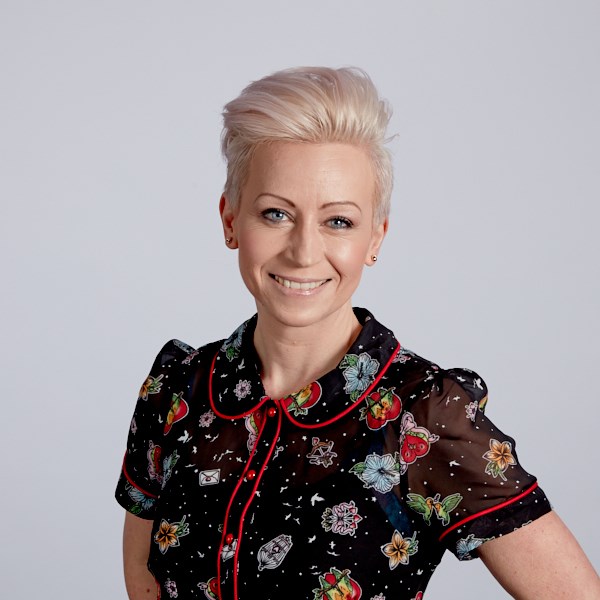What was your first ever job?
Checkout assistant when I was doing my degree.
How did you get involved in intellectual property and what first attracted you to the field?
Whilst working as a postdoc I had initially set my sights on having my own lab and staying in academia. But since I had not really moved around labs, that was unlikely to happen, so I started to think about other options. In the meantime, my dad had filed a number of patent applications through his work and we had talked about it a bit. He put me in touch with someone who had worked as a patent attorney and it seemed to be something I could get involved in.
The main thing that attracted me to the industry was that I could keep the science element of the role and really be at the forefront of upcoming technologies. I had not really appreciated how much arguing with the examiner there is, which for me just makes it even better as it means you also have to be creative and try and think of clever ways to address the examiner’s objection. Nothing is routine and nothing is boring! I have to use my brain all the time.
When did you join Potter Clarkson and why?
In October 2013. The firm was always top of my list because of location and because, from the research I had done, it had a lot of really good people, were the thought leaders in their fields, and had received a number of awards and top tier rankings. My interview confirmed that people here are genuinely welcoming and friendly, and true scientists at heart!
What is your area of speciality and why did you choose it?
My area is biotech, and the reason I chose it really stems from why I chose my degree. You typically end up working on patents that fit in with your scientific background and I am lucky here that everything I work on is biotech and the science I enjoy.
What does a typical day in your role entail and what do you most enjoy about it/find most challenging?
At the more junior levels, a typical day will involve some slightly routine work, but also a lot of coming up with arguments against examiner’s objections and drafting responses to examination reports. Currently, a fair amount of my time is involved with client relationships, going to events and business development and I enjoy it because it gives you more chances to find out what is going on in the field and talk to the people who own the businesses or the scientists themselves. I am also now training a new trainee, so some of my time is taken up with training, which I enjoy. I still also do a lot of responses and coming up with arguments. I have also been lucky and prepared a lot of new applications – I really enjoy this element since it still does feel like being a scientist.
Keeping on top of prompts and deadlines is one of the more challenging aspects of the role. We have very good systems in place to ensure deadlines are captured and not missed, but ultimately it is up to me to ensure we file things on time and get them reported to our clients early enough so we receive their instructions in time.
What has been the highlight of your career at Potter Clarkson so far?
After having a career change at the age of 33, it was rewarding to have been promoted to senior associate relatively early and be nominated a Rising Star 2019 by Managing IP.
What advice would you give anyone looking to enter the field?
Do not let the thought of the exams put you off – they are just exams. They are often reported to be the hardest professional exams, but they are still just exams and people pass them. Do not forget, there is always an opportunity to resit if you do not quite make the mark first time around!
